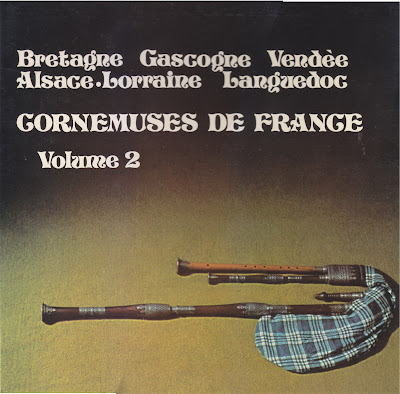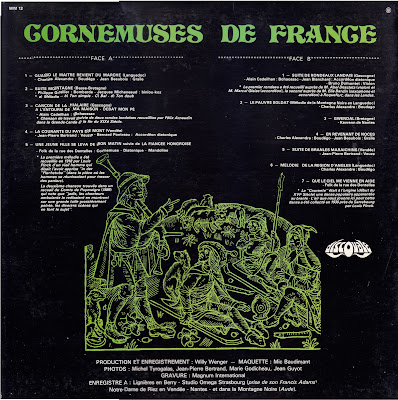ΚΡΗΤΙΚΟ ΠΑΝΗΓΥΡΙ μέ τόν ΑΛΕΚΟ KAPABITΗ
HOLIDAY IN CRETE with ALEKOS KARAVITIS
Minerva, 1977, 22047
A. Karavitis (1904-1975) was born in the area of Rethymnon in Crete that was still part of the Ottoman empire. He started on the lyra as a child and then moved to Athens when he was 24 years old with his wife. He toured in Germany, Britain, France, Egypt ... with his own band. He became quite famous among Cretan lyra players. This album was released after his death; he performed with a small band (the Traditional Cretan Group) with one laouto player and two female singers whose names are not mentionned. This is therefore authentic traditional music with the presence of those two singers who give a different sound to what I usually know as Cretan music.
















